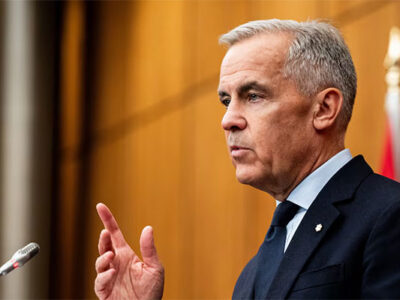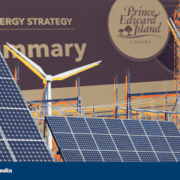NREL | April 14, 2015 — The Energy Department’s National Renewable Energy Laboratory (NREL) has released an updated proposal that will establish an international quality standard for photovoltaic (PV) module manufacturing. The document is intended for immediate use by PV manufacturers when producing modules on an industrial scale so they can increase investor, utility, and consumer confidence in PV system performance.
“Our recent research on 50,000 systems found that, during the time period we studied, just 0.1% of all PV systems were affected by damaged or underperforming modules and less than 1% experienced hardware problems each year,” said Sarah Kurtz, one of eight authors of the technical report and a research fellow at NREL who manages the PV Reliability and Systems Engineering Group. “Even so, with manufacturers feeling pressure to lower prices, it is essential that quality be maintained and assured. The new guidelines help to ensure that quality is not compromised for lower priced modules and make it easier for PV customers to assess the expected quality.”
NREL has worked with industry partners in the United States, such as SunPower and First Solar, and international colleagues in Japan, Europe, and China to develop PV-specific quality management standards to supplement the existing ISO-9001 in the application of International Electrotechnical Commission (IEC) standard 61215.
The new technical report, titled Updated Proposal for a Guide for Quality Management Systems for PV Manufacturing: Supplemental Requirements to ISO 9001-2008, provides PV manufacturers the opportunity to begin to use the specification proposed for release in Technical Specification IEC/TS 62941, “Guideline for increased confidence in PV module design qualification and type approval.” Technical Specification IEC/TS 62941, which is to be finalized in late 2015, will describe aspects of the quality management system that need to be in place when producing modules on an industrial scale.
With PV customers worldwide now investing in PV to the tune of about $100 billion annually, the international solar community is driven to maintain the quality of that investment.
To this end, NREL, along with other international groups, has spearheaded the International PV Module Quality Assurance Task Force (PVQAT) to establish guidelines dealing with:
• How to test PV modules for adequate durability for the chosen climate zone and mounting configuration
• How to ensure consistent manufacturing of the durable design, and
• How to ensure that the final system is fully functional.
The PVQAT effort is closely coordinated with the IEC, which uses an international consensus process to refine and define the final documents. PVQAT’s Task Group 1 developed the first draft of the proposed PV manufacturing specification, which was published in 2013.
The technical report announced today represents an update to the previous version, and includes progress made between 2013 and early 2015. Key requirements for manufacturers in the new specification include:
• Focus on the manufacturer’s control of the PV module’s design to align the expected lifetime with its relationship to the manufacturer’s warranty.
• A requirement to improve product traceability through the entire supply chain to enact positive control of the product for recalls and warranty claims.
• A requirement to maintain calibration of the instruments needed to assign the PV module power rating within the stated uncertainty.
The community is encouraged to use this approach to verify the robustness of their and their vendors’ quality management systems and to provide feedback to PVQAT and to IEC before the international standards process is completed. For more information, see the NREL News feature, Assuring Solar Modules Will Last for Decades.
This body of work is supported by the Energy Department’s SunShot Initiative, which is a national effort to make solar energy cost-competitive with traditional energy sources by the end of the decade. Through SunShot, the Energy Department supports private companies, universities, and national laboratories working to drive down the unsubsidized price of utility-scale solar electricity to $0.06 per kilowatt-hour.
NREL is the U.S. Department of Energy’s primary national laboratory for renewable energy and energy efficiency research and development. NREL is operated for the Energy Department by The Alliance for Sustainable Energy, LLC.















Comments